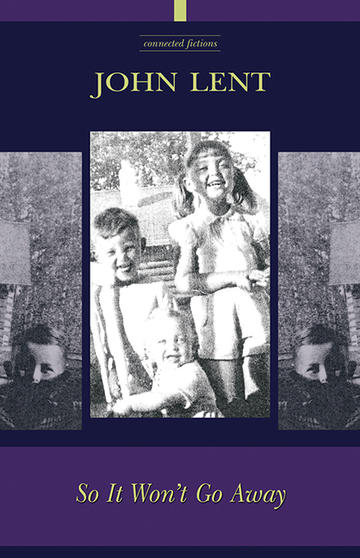Lent continues to explore the spatial viewpoints of the unique, often funny, dysfunctional Connelly family, to whom readers were first introduced in his previous experimental fiction, Monet's Garden. Then, as now, we get to hear and see Neil, Rick and Jane dissect their own thinking, second-guess their destinies, and generally revel in and reinvent their relationships with each other as they confront their addictions, dreams, and failures. Throughout the ride, Lent's humour and Lent himself transcends the page to join us through the read. While sharing such intimacy, he engages us in another dialogue, one that has a lot to do with fiction's relationship to reality, one that rearranges our fixed perception of the writer's place in the written work.
"I can think of no Canadian writer who so thoroughly positions us in front of the mirror that might offer us at once both reality and the imagined..." - Robert Kroetsch
"I think what I most love in Lent's writing is the way it lifts ordinary speech toward lyric without sacrificing its ordinariness." - Don McKay



